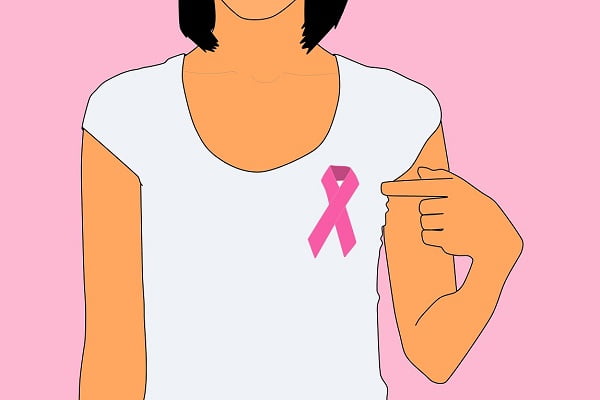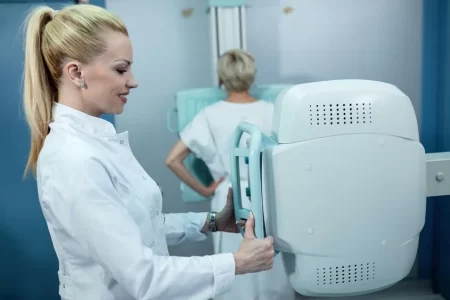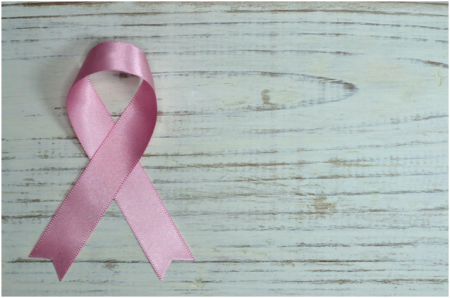
Breast cancer recurrence: Can my breast cancer come back
Recurrence of cancer means that cancer which was earlier treated has come back. The possibility of re-occurrence basically depends on the type of cancer and the treatment which was provided on the first go. This may take weeks, months, or even years to come back after the original or primary cancer was treated. There are always chances for the cancer to reoccur because there might be some cancer cells that were left un-killed in the body even after the primary treatment. These cells might grow again and show symptoms of recurrence. Cancer re-occurs in certain patterns:
- If it occurs in the same part of the body as the primary cancer, it is called a local recurrence
- If it occurs near to where the primary cancer was located, it is called a regional recurrence
- If it occurs in completely another part or organ of the body, it is called a distant recurrence
Breast cancer recurrence is a major issue in women who have primarily suffered with breast cancer. Breast cancer recurrence, or “recurrent breast cancer,” might occur in the same or opposite breast or chest wall or any other organ after a period of time.
It is generally observed that breast cancer comes back in three general bodily areas:
- the area of breast which was originally diagnosed and treated – local recurrence
- in lymph nodes in the armpit or collarbone area (surrounding area of the primary occurrence) –regional recurrence
- affected another part of the body such as the lungs, bones, opposite breast (rarely)- metastatic or distant recurrence
More: Breast Cancer Genetic Testing
More: Various Stages of Breast Cancer
Breast cancer recurrence symptoms
Women who have once suffered through breast cancer should undergo regular checkups in every three months to avoid any chance of lapse. Women are asked to practice breast self-examination to detect for any breast cancer recurrence symptom. There might be a few changes in breast and body that might indicate the recurrence, such as:
- A bump or a firm area which feels or appears to be distinct from any other area on either breast
- A lump or thickening in the underarm that stays during the menstrual cycle
- The size, shape, or contour of the breast might change in every few days
- A small mass or a hard marble like lump may be felt like a (small) pea under the chest skin
- A change can be observed in the feel or appearance of the skin on the breast or nipple( this includes: skin might feel dimpled, scaly, wrinkled, flattening or inflamed (redness, warm or swollen breasts or nipples)
- Fluid discharge might begin from the nipples (which can sometimes be bloody).
- Constant pain in the arm and shoulder
- Pain in breasts, regular headaches, weight loss, lack of appetite, etc are other symptoms
Doctors suggest mammogram analysis for proper diagnoses. To confirm the unclear or suspicious results of a mammogram, an ultrasound, an MRI, or a PET scan is recommended. If they result positive, biopsy of the lump is also conducted.
Breast cancer recurrence statistics and treatment
In 2010, a medical study estimated that about 30% of all women with primary breast cancer undergo recurrence. Breast cancer recurrence rate (for overall survival) was estimated to be around 50% for women with a loco-regional recurrence.
In another recent study, the 10-year breast cancer recurrence survival rates in women with a loco-regional recurrence (in first 18 months) were estimated to be around 35%. The overall breast cancer recurrence survival rates in next 3 years reached to about 50%. Those who suffered breast cancer recurrence after 3 years, the 10-year overall survival rate went high to about 70%.
After several such studies, it is believed by many researchers and doctors that long-term prognosis is better if the duration between the primary treatment and the recurrence is long. Breast cancer recurrence rates by stage depend upon the complexity and area of recurrence. The treatment of recurrent breast cancer by stage is similar to the treatment of primary breast cancer.
Breast cancer recurrence and prognosis
For breast cancer, prognosis and outlook depend on the type of recurrence.
If the breast cancer recurrence is detected in the area of the breast where primary cancer had occurred, then the treatment is often successful. If the recurrent breast cancer has spread to the tissues and lymph nodes around the chest, neck and under the breastbone and sometimes to distant organs such as lungs, liver, etc of the body, the treatment will be more uncertain. This is for regional and distant recurrence of the breast cancer.
Breast cancer recurrence after mastectomy is also a later stage phenomenon. During local recurrence after a mastectomy, radiation therapy is given followed by chemotherapy, hormone therapy or targeted therapy as the treatment.
More: Breast Cancer Diagnosis and Early Detection
More: Anti–Vascular Endothelial Growth Factor Therapy (Anti VEGF Therapy) For Cancers
Mastectomy and reconstruction procedure after breast cancer recurrence
Doctors recommend mastectomy and reconstruction of breast after the treatment of breast cancer recurrence. In unusual cases, a second lumpectomy is preferred if radiation therapy has not been given before and the risk of the cancer spreading is very low.
The possibility of breast cancer recurrence after mastectomy and reconstruction still persists in some cases. Therefore, researchers predict that recurrence of breast cancer after mastectomy and immediate breast reconstruction procedure are generally regarded as a weak indicator for prognosis.
The survival rates for any cancer are always high during the initial stages and so is true in case of recurrent cancers.






